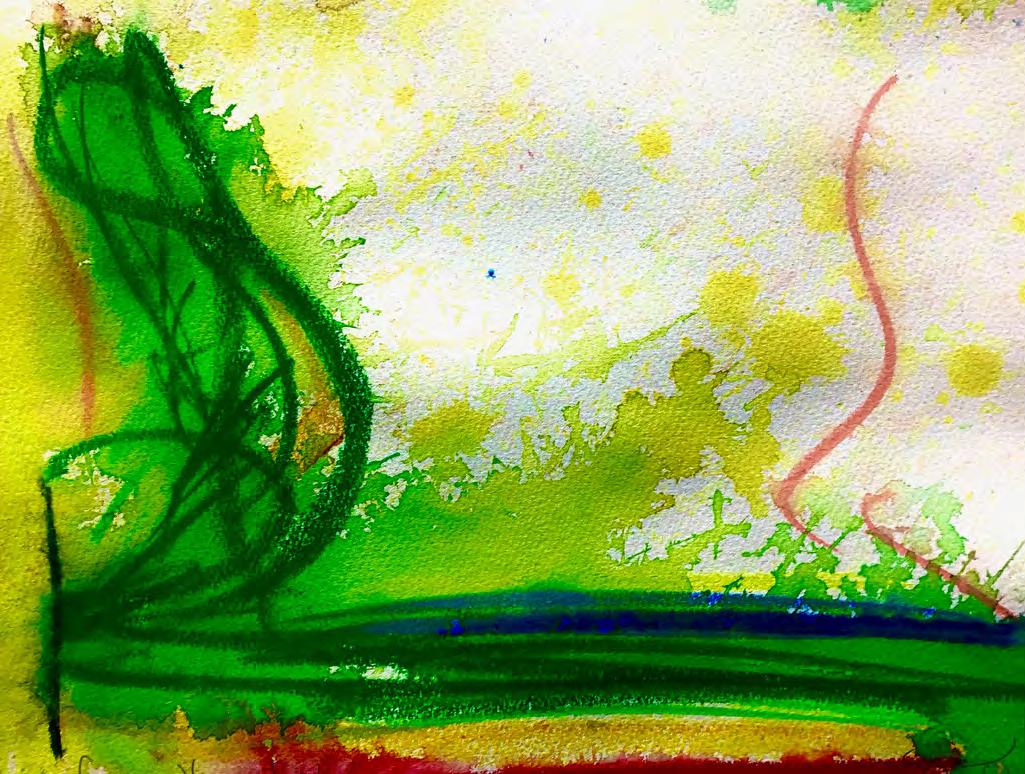Lessons on Loneliness from Homer’s Odyssey Ms V Herrenschmidt (CR, Classics Department) Introduction A silver lining of the global pandemic is that it has forced us to stare loneliness in the face. In doing so, many of us have realised how poorly we understand it. One reason we do not hear about loneliness, recognise loneliness or understand loneliness very well, is that we do not know what it looks like. It does not only look like the person sitting on their own in Norwood, or the old man shuffling along the high street, struggling with the weight of his shopping. It can equally lurk behind an angry outburst, a rejection of someone’s company, or a wide fake smile posted on social media. Like the Lernaean Hydra1 - loneliness is a multi-headed monster that shows up in different ways, and, as research increasingly shows, leads to different types of mental and physical illnesses (including addiction and violent behaviour). How can we get better at recognising and addressing it? One way is to Google it. A number of researchers have illuminated our understanding of the multi-faceted nature of loneliness: this piece of writing is heavily influenced by the research of Brene Brown2, Vivek Murthy3, John Cacioppo4 and Julianne Holt-Lunstad5. Another way – and one which has stood the test of time – is to turn to the classical myths. For me, the magic of ancient storytellers lies in their ability to articulate, in the simplest terms, some of our most heartrendingly complex feelings. Homer offers many poignant lessons on loneliness in his epic poem, the Odyssey, first written in ancient Greek about 2,500 years ago. If anything, these lessons are a deep source of comfort and wonder when we feel time collapsing under the weight of our shared human experience. I am going to delve deeper into the following five lessons from the Odyssey: 2. Isolation is not the same as loneliness. 3. It is the quality, not the quantity, of our connections that matters. 4. Low self-worth breeds loneliness. 5. Loneliness can make you sick. 6. Loneliness can be a force for good. All passages from the Odyssey have been quoted in translation.6
Isolation is not the same as loneliness The Odyssey is the story of a Greek hero’s journey home after fighting in the 10-year war at Troy. When the story opens, Odysseus has been trying to get home for 10 years, but has been relentlessly thwarted in his attempts by the god Poseidon (who is furious at Odysseus for blinding his son, the Cyclops Polyphemus). As the story opens, Athena is appealing to the king of the gods, Zeus, on behalf of Odysseus, her favourite hero. She says: I t is for Odysseus that my heart is wrung, the wise and unlucky Odysseus, who has been parted so long from all his friends and is pining on a lonely island far away in the middle of the seas. Book 1 (48–51)
111






































